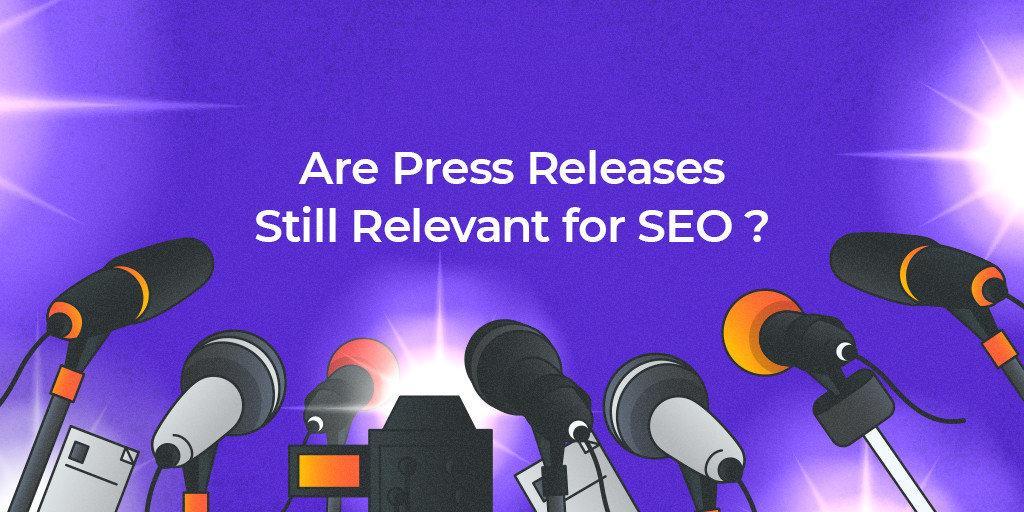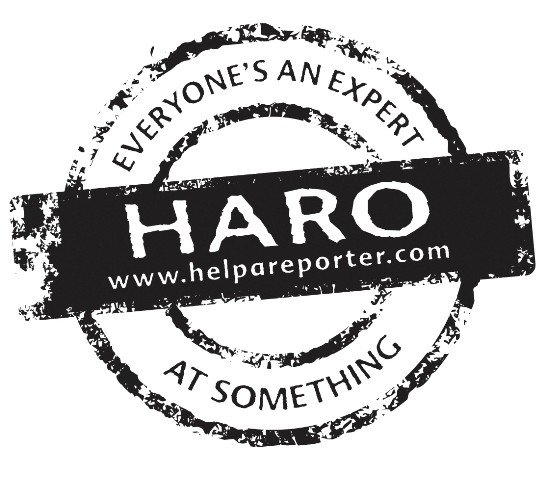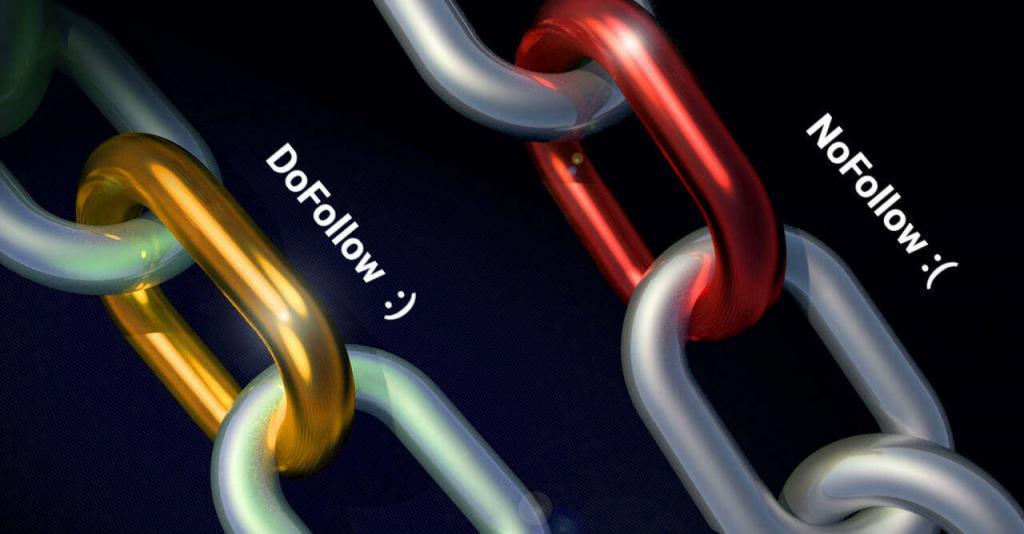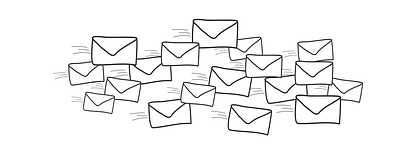Although there’s a big chance you haven’t used them, I’m sure you’ve heard about the notion of Press Releases. They used to be very popular in the SEO community back in the day. But are press releases still relevant for SEO in 2019? Is it worth spending your time dealing with a press release?
The short answer is yes. Press Releases are still relevant and probably will be for a long time to come, not only for search engine optimization, but for marketing, in general. However, many webmasters don’t really understand the concept and often end up doing things that eventually harm their websites.

Yes, you’ve heard me right. Sometimes, Press Releases can negatively affect SEO if they are not done the right way. Keep reading, as later in this article I’ll tell you how you can avoid these mistakes.
- What Are Press Releases?
- How Do Press Releases Help SEO?
- About Press Releases & Penalties
- Are Press Releases Still Worth It in 2019?
- How to Make Press Releases Effective?
What Are Press Releases?
Press Releases are a way of distributing and announcing events to the press. Google defines them as “an official statement issued to newspapers giving information on a particular matter”.
Usually, they come in written format, but they can also be in audio or video format. Once someone has an event and wants it to become more popular, the best way to do it is to get the media’s attention, quickly and effectively.
But how can they do that? Well, the answer are press releases. You write a piece of content that will then be distributed to news publishers that might be interested.
Press Releases follow this line of events:
Event Happens > Press Release is Written > Press Release is Distributed to News Publishers > News Publishers Pick Up the Press Release > News is Published
The thing is, however, that it’s pretty hard to get the media’s attention. It’s even harder for editors, who are constantly bombarded with news topics from all directions. They need to filter and curate them in order to publish only the best, most interesting news.
And this is how Press Release Platforms like HARO were created. Instead of sending your press release to news publishers, you post the press release on one of these popular distribution platforms where reporters and news publishers hang out to find interesting topics.

The problem is that these platforms often become a junkyard for spammers. But before we discuss the possibility of harming your website by using these platforms, let’s have a better look at how they can help your website.
How Do Press Releases Help SEO?
Having information about your company or an event published on big news sites is not only beneficial for your brand, but also for SEO.
How, you might ask? In most part, it’s about backlinks. If news publishers start talking about you, not only can you get backlinks from the news sites themselves, which hold a very high amount of equity, but you can also score a high number of backlinks from other webmasters who will read the news.
We all know that building backlinks is one of the most difficult tasks for SEO. Building high quality backlinks is even harder. And don’t even get me started on how hard it is to do all this naturally, without buying them or using risky tricks such as PBNs.
Well, Press Releases combine all the 3 above, which makes it probably the best link building method available.
Why?
Well, it helps you build links rather quickly, the links are high quality and they’re all also completely natural and won’t result in any penalties.
If done right, or course. If not, it’s a waste of time and it can result in penalties.
Press Releases are a good way of quickly obtaining high quality links in a natural manner. However, if not done properly, it becomes a complete waste of time and can potentially be harmful for your website.
About Press Releases & Penalties
Researching press release tactics on the internet will mostly put you on the right track. However, people quickly learn that it’s easier to get links from the Press Releases themselves rather than from the news publishers (which mostly ignore their poorly written stories).
Press Release Spam
Instead of focusing on what’s important and improving their business in ways that will produce interesting news stories, people distribute as many ‘Press Releases’ as possible to as many press release platforms as possible.
Some platforms are free and make money out of advertising so they have no problem with people coming there and posting their ‘news’.
But even the paid ones are full of irrelevant ‘news’ articles. With webmasters asking for hundreds of dollars for a backlink or guest post, Press Releases are the cheap way of getting some initial backlinks.
These posts are way too long for a press release (because Google loves longer content, right?) and full of keyword rich anchor text links, which naturally attract penalties.
This way, the quality of the press release websites starts to decline. Very few companies and websites (one of them being HARO) still manage to keep the site relevant. Why? Well, because it doesn’t index its press releases. They are available only for logged in users.
This way, instead of posting a press release just for the sake of getting a backlink, you will focus on posting a press release that will actually attract the attention of a reporter.
Use Nofollow Links
You might be wondering yourself: “Won’t nofollow links be useless?”
Well… first of all, no. I’ve already written about how nofollow backlinks can help your website rank better.
Second, the nofollow links will only be used on the press release websites, considering these sites index their content on Google. Any other links that you will obtain as a result of a successful press release will be a mix of both nofollow and dofollow links, depending on the internal policies of the websites that link to you.

But why use nofollow links? The reason is that nofollow links reduce most risks of penalty. Google says that you shouldn’t be building or buying backlinks. Since the links on press releases are either built manually or paid for, then Google’s Guidelines require them to be nofollow.
Don’t get me wrong. I’m not necessarily a Google fanboy but if you don’t want to risk anything, then it’s the right way to go.
Remember: Nofollow can also help your website rank higher.
If you have already published many press releases, then it would be a good idea to check them with the Unnatural Link Detection tool to make sure they’re not suspicious or coming from suspicious domains.
Are Press Releases Still Worth It in 2019?
Unless we will be dominated by some advanced form of artificial intelligence that will watch our every step, publishers will always be in need of news topics. Without pushing yourself out, there’s virtually (almost) no chance of ever gaining any popularity.
Press releases can start a chain reaction not only with backlinks, but also with social media likes shares and comments. So, as long as we will have news, Press Releases will be useful.

However, why do Press Releases seem to be less popular than they were back in 2009?
Well, the answer is SPAM. As the internet and SEO grew more popular, editors and journalists have been spammed daily. So they started filtering the news stories more and more, making Press Releases a less effective strategy not in terms of SEO, but in terms of how accessible it is.
A second reason could be the penalties themselves.
Press Releases were mostly popular not because they would help with news coverage but because they could provide easy links from distribution websites.
With the SEO community pulling itself away from mass link building, “naturally” (see what I did there?), press releases became less popular.
However, if you’re focusing on the right things, which are improving your business, website, services or products and issue a press release focused on getting the media’s attention instead of grabbing a backlink, then press releases are more than worth it in 2019+.
If you focus on getting the media’s attention instead of grabbing just another backlink, Press Releases are very useful for the years to come.
The truth is you only need one reporter to pay attention to you. Get covered by just one reporter on one renowned site and the rest will follow. Your chances of getting featured are actually higher if you can target individual reporters. Have great news about graphics cards, find a reporter that’s also a gamer. Have shocking or great news about child care? Find a reporter who’s also a devoted parent.
You don’t necessarily have to use press release platforms to make a press release effective. You might e-mail reporters personally or even message them on their social media profiles, such as LinkedIn or Twitter.
How to Make Press Releases Effective?
An article about how to write a good press release is a topic for another time. However, the general consensus is:
- Have an interesting piece of news
- Create a killer headline
- Write the Press Release short and to the point
- Distribute only to relevant places
- Wait and monitor results
I’m not elaborating on it because making a press release effective specifically for SEO is about what you don’t do rather than about what you do.
So here are 3 don’ts to take into account when writing Press Releases.
Don’t do #1: Don’t try to write a press release about anything. Don’t just post press releases monthly about your company. Unless you have something innovative original and exciting, writing about it will probably be a waste of time.
Don’t do #2: Don’t try to constantly SPAM editors. You’ll can get yourself in their spam box and not be taken for granted ever again. What people hate more than anything is spam. If a reporter sees your content over and over again with the same uninteresting things, they will filter you out, eventually.

Don’t do #3: Don’t post on as many Press Release platforms as possible. Focus on the most relevant ones. There might be places fit for your location and audience and places that are not. For example, although HARO is a great website, it serves little purpose for international clients.
If you think you’re unfit for writing a good press release, there are services out there that will write them for you!
Conclusion
Press releases are useful for SEO and will still be for many years to come, as long as you don’t abuse their distribution to as many websites as you can. Although they’re not as popular in the SEO community as they used to be, if done properly, a single press release can bring massive results.
Have you been issuing press releases recently? What was your experience with them? Easy to create? Are journalists ever interested in your content or has it been just a waste of time? Let us know about your experience in the comments section!

 Site Explorer
Site Explorer Keyword tool
Keyword tool Google Algorithm Changes
Google Algorithm Changes

Hey,
I was completely unaware of this fact. I thought there was no value of press release nowadays. But, your post changed my view a lot.
Thanks!
If you target low competition long tail keywords with press releases, then you can rank on the 1st page of Google very quickly.
So I wrote a good article, more to come… I am using EIN to distribute the content. Is it better to use paid services vs free ones?
i have done press release so many times.i want to ask you that are press release backlinks permanent or they remove it after a time?
if you get paid press release done by same company two, three times in a year will it benefit or not?
Hmm most Newswires are nofollow, especially the ones that implemented Google’s advice a few years ago. I normally use Pressat for UK and Newswire for US both are nofollow and don’t syndicate your PR which is normally what causes problems.
Will premium press release be helpful for website rank?
Press’s is still relevant to SEO. when I launched my ecomerce store JuForce, I did some press release about at product, which significantly boosted my Domain and page Authority.
I also has some traffic flowing in with or without promotion.
I’ve done quite a bit of research about online press releases and found an even worse scenario than just getting a nofollow link. Almost all of the press releases that are out there or not even indexed by Google. That means any kind of link isn’t gonna count because The PR is not even recognized as being there. If you want to find out if your press release has been indexed or not just add cache: in front of the url. You’ll get one of two answers; either a link to Google’s cashed copy or a message that says that this page is not in Googles index.